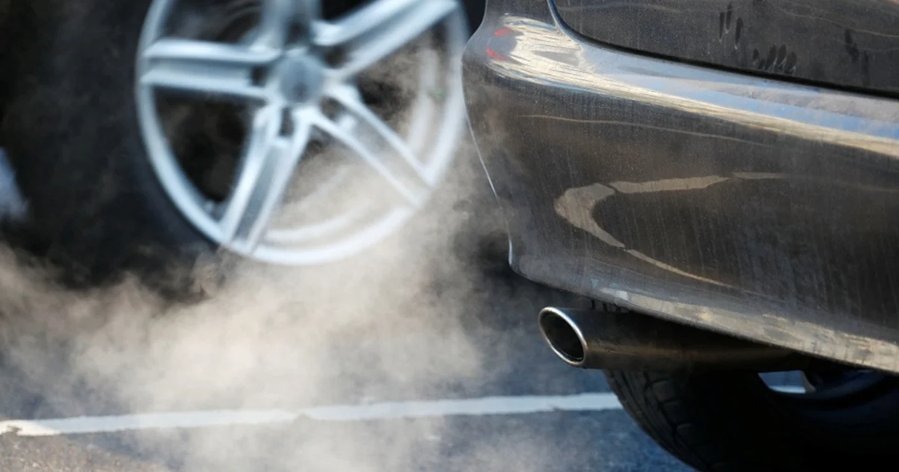European Union Agrees On Watered-Down Euro 7 Regulations

Several automakers, including Stellantis, Volkswagen, Skoda, and others, have been very critical regarding the strict upcoming Euro 7 emissions regulations on the Old Continent. Some executives even described them as “useless” but it seems that there is some light at the end of the tunnel for the critics of the new standards. Just moments ago as of writing this article, European Union ministers agreed on new and watered-down rules.
After facing opposition from automakers and member countries, including France, Italy, the Czech Republic, Bulgaria, Hungary, Poland, Romania, and Slovakia, the ministers agreed not to implement significant changes to the existing Euro 6 standards for cars and vans. There will be stricter regulations for buses and heavy vehicles, though.
While official, the decision isn’t final yet. Spain, which holds the rotating EU presidency, presented the compromise text that gained the agreement of the Council of the European Union, composed of EU ministers. The final form of the law must be discussed and signed by the Council, the European Parliament, and the European Commission.
"We believe that, with this proposal, we achieved broad support, a balance in the investment costs of the manufacturing brands and we improve the environmental benefits derived from this regulation," Spain's minister for industry, trade and tourism, Hector Gomez Hernandez, commented.
“The member states’ position is an improvement on the European Commission’s Euro 7 proposal – which was entirely disproportionate, driving high costs for industry and customers, with limited environmental benefits,” the European Automobile Manufacturers Association director, Sigrid de Vries, added. “The Council’s aim to continue the effective Euro 6 tests is sensible. However, compared to what is in place today, Euro 7 is much broader for new cars, vans and, in particular, heavy-duty vehicles, requiring significant engineering and testing efforts.”
As ironic as it may sound, the automakers in Europe have said that the initially proposed stricter emissions standards could lead to slower adoption of electric vehicles. The Euro 7 in its earlier form would distract the companies from investing in EVs, Renault CEO Luca de Meo said recently, while Skoda's head honcho Klaus Zellmer admitted that building small cars under the stricter emissions could be impossible.
Related News
